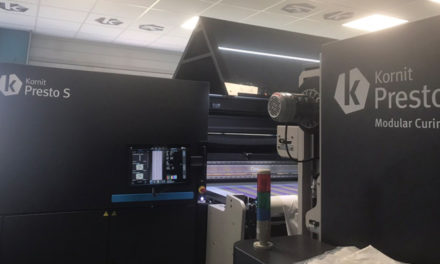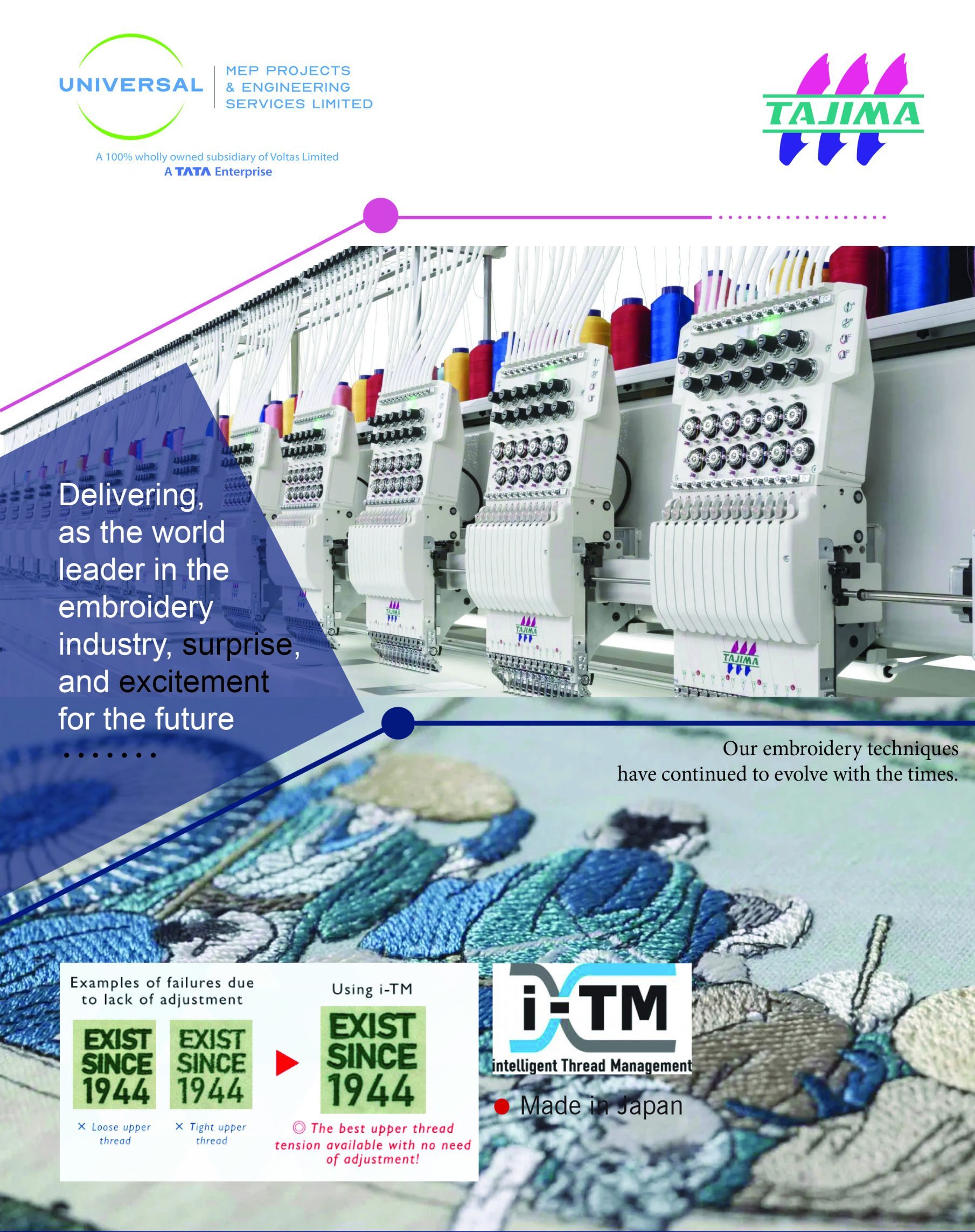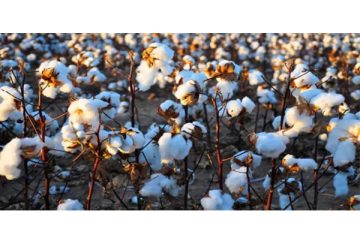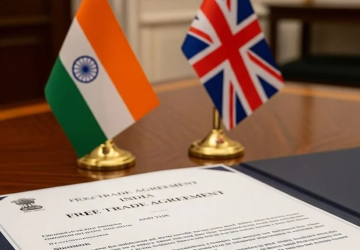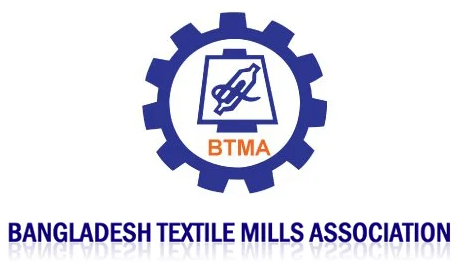 Bangladesh Textile Mills Association (BTMA) President Mohammad Ali Khokon has said the Export Promotion Bureau (EPB) is hampering the country’s vital business sector by showing exaggerated export figures through false information.
Bangladesh Textile Mills Association (BTMA) President Mohammad Ali Khokon has said the Export Promotion Bureau (EPB) is hampering the country’s vital business sector by showing exaggerated export figures through false information.
“Amid multiple challenges, including the gas, electricity, and dollar crisis, reducing cash incentives would vastly jeopardise the industry and slow its growth. Even so, it may lead to its demise, like the jute industry in Bangladesh, in the future. There might be a conspiracy,” Khokon said while addressing a press conference at the BTMA auditorium in Dhaka. He also urged the government to withdraw the decision to reduce cash incentives for them and continue the facilities like previous years to protect the industry.
“Our neighbouring country India graduated from Least Developed Countries (LDC) in 2004, and it is currently providing numerous facilities to its textile entrepreneurs. We urge our government to ensure alternative cash incentives even up to 2029,” he said.
According to the EPB data, Bangladesh’s exports were $9,314 crore in the last 20 months (the first 10 months of the fiscal year 2023–24 and the first 10 months of the previous fiscal year 2022-23). On the other hand, Bangladesh Bank now says that the exports were $6,980 mn during that time. So there is a mismatch of 25% of export data.
The central bank issued a notification on June 30, 2024, reducing cash assistance for all types of exports. This incentive was reduced on the pretext of LDC graduation. As a result, cash assistance will be reduced for exporters in 43 sectors, including ready-made garments, leather, jute, and agriculture.
Khokon claimed that they were not able to manufacture their products due to lack of gas. In the last several months, the problem of gas supply has been severe. The textile mills are being used at 40%–50% compared to their production capacity.
“The prices of gas increased 250% amid a severe gas crisis. Many BTMA members cannot operate their mills due to gas crises in different areas, including Narayangj and Gazipur, today too,” he also claimed.
The BTMA president said that reducing the EDF fund from $30 billion to $20 billion, increasing the interest rate to 14.5%, and issues with opening LCs have put the industry in a difficult situation.
“The textile industry directly employed 15 lakh people through 519 spinning mills, 930 weaving mills, and 322 dyeing-printing-finishing mills. The textile and apparel sectors contribute to 13% of the country’s economy. The industry can grow further and contribute to the country’s economy if we get proper policy and technology support,” he also informed.



